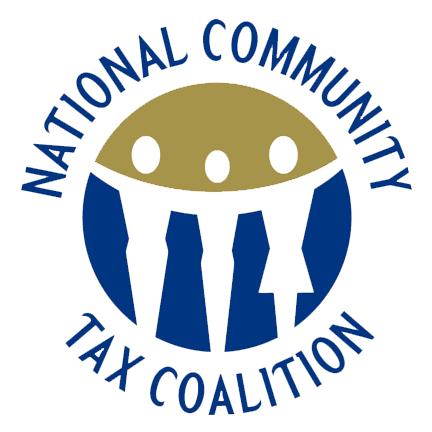Appeal for common sense in paid-prep ruling
 Opponents of regulations for commercial tax preparers like to argue that they’re sticking-up for the proverbial little guy – the individual taxpayer, not to mention the small businessman or -woman. Establishing rules for paid preparers only creates burdens for small businesses, they say. And they add that those burdens carry costs that are, in turn, passed-along to customers.
Opponents of regulations for commercial tax preparers like to argue that they’re sticking-up for the proverbial little guy – the individual taxpayer, not to mention the small businessman or -woman. Establishing rules for paid preparers only creates burdens for small businesses, they say. And they add that those burdens carry costs that are, in turn, passed-along to customers.
But these arguments actually turn the truth on its head. Protecting individual taxpayers from unscrupulous or incompetent tax preparers demands some fundamental, common-sense standards. It’s not too much to ask that commercial preparers obtain basic training, pass competency exams, and seek continuing education to stay current on ever-changing tax laws. Yet these are exactly the rules that a U.S. District Court judge overturned last month in a ruling the IRS formally appealed last week.
Without those standards, hairdressers face greater professional regulation than paid preparers – despite the fact that tax preparers handle families’ most sensitive information. And volunteers involved in free-of-charge, community-based tax prep programs long have faced training and certification requirements. (The IRS rules did not apply to commercial preparers who are attorneys, Enrolled Agents, or CPAs; these already operate under their own professional certification standards.)
Taxpayers need to have the assurance that they’re getting help from well-trained preparers. Taxpayers need to know that preparers – particularly those with profit motives – have at the very least received some basic ethics training and are aware of penalties for crossing the line.
There are plenty of news headlines demonstrating the need for this. Such stories recount how shady preparers found ways of swindling individual taxpayers, and/or taxpayers as a whole (such as by falsely claiming outsized tax refunds).
Finally, it’s important to remember that basic standards are important to protecting the integrity of small businesses, too. Commercial preparers who play it straight, investing in training and high quality, are hurt when their competitors cut corners, commit outright fraud, and give tax preparation a bad name.
NCTC and our policy partners will continue to monitor the appeal of the Loving v. IRS ruling, in which the district court judge agreed with plaintiffs’ argument that the IRS lacked the proper authority to impose such regulations. We’re also closely following any potential for statutory remedies. In the past, some in Congress have proposed similar regulations – and some have expressed interest in pursuing the matter again.
Posted on February 27, 2013, in NCTC and tagged consumer protection, irs, paid preparers, tax preparation. Bookmark the permalink. 3 Comments.


What a powerful contrast of how the law falls on different industries! ” hairdressers face greater professional regulation than paid preparers “
I am a certified tax preparer. I complete 40 hours of training annually to keep up to date on the tax law changes for both federal and state, which includes ethics. However, what the IRS wanted us to do was an extensive and expensive mandate for testing for and certification. I think they should increase the fines for completing fradulent returns. The IRS should also tighten their procedures so that inmates at prison are not able to process fradulent returns.
Pingback: Going to court for consumers | WorkForward - Official Blog of the National Community Tax Coalition